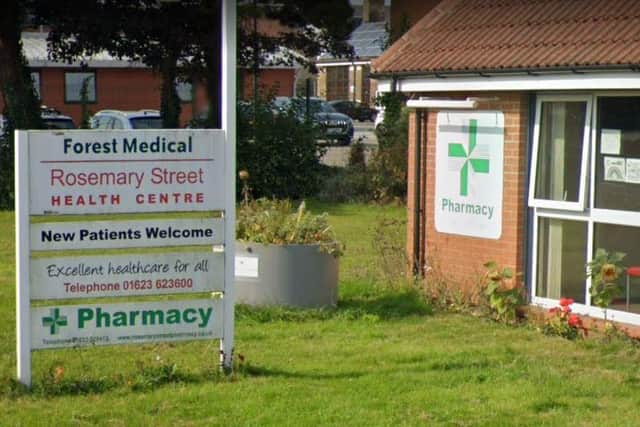Mansfield patients part of new rapid Covid tests study
and live on Freeview channel 276
Forest Medical Group in Mansfield is one of a number of GP practices supporting the delivery of the RAPTOR-C19 study, which is funded by the National Institute for Health Research (NIHR) and supported locally by NIHR Clinical Research Network East Midlands.
The study is exploring whether rapid tests for the virus, designed to give results within minutes, could prove to be as accurate as standard tests without having to be sent to a laboratory for results.
Advertisement
Hide AdAdvertisement
Hide AdAdults and children who attend the practice with symptoms that could be caused by Covid-19 may be invited to take one new test alongside a standard test, as recommended by Public Health England, to enable the results to be compared.


Tests that enable the quick identification of patients who have Covid-19 would help healthcare professionals to take action to protect those at risk. When restrictions are lifted, rapid tests could also help adults return to work and children to return to school.
Dr Pollie Harrison, GP at Forest Medical Group said: “We are delighted to be working with patients to be part of this important study.
"Developing accurate rapid tests could help us to make better decisions about patient care and to help reduce the spread of the virus.
"We are grateful to all of our patients who are taking part in this study and helping assess whether these tests could be used more widely.”
For more information about the research, click here.